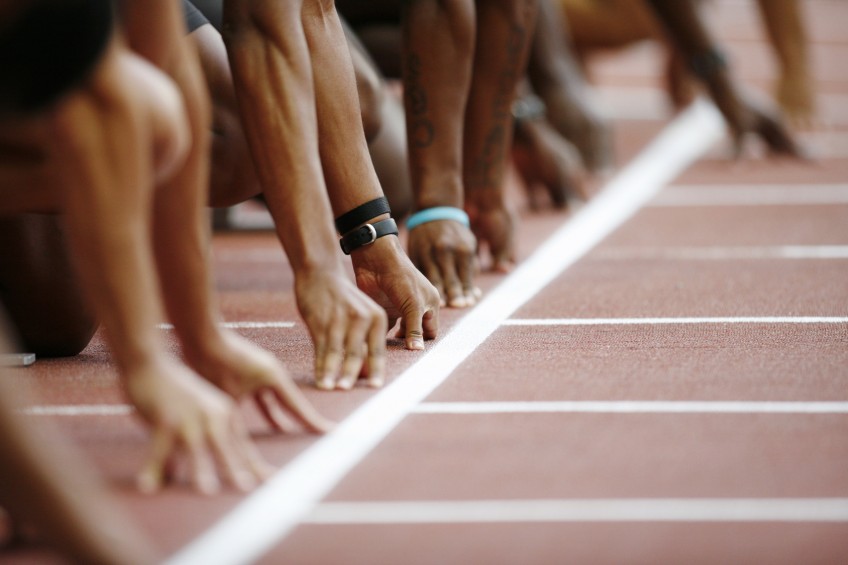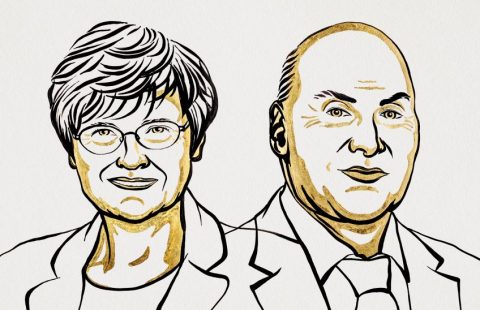The world’s finest athletes will meet at the 2016 Summer Olympic Games in Rio de Janeiro to try to win Olympic medals, thus testing their bodies to the limit.
What are the risks for the top athletes? What methods would enable them to optimise their physical abilities? What lines of prevention can be developed? How does our environment influence performances? What are the effects of athletic activity on ageing?
Such are the questions that the researchers at Inserm, who are involved all year round in studying the interactions between sport, physical activity and health, are able to answer.
At Inserm Unit 1093, “Cognition, Motor Activity and Sensorimotor Plasticity,” Romuald Lepers focuses on the performances of centenarian athletes so as to better understand how the human body can fight the deleterious effects of ageing. In a recent study, he compared the records of these athletes in certain disciplines with world records for all age categories combined. Although the record of centenarian cyclist Robert Marchand, with nearly 27 kilometres covered in an hour, appears the most impressive, the researcher also emphasises that age-related decline in performance is less marked for cycling than for athletics or swimming.
Read the news item “Centenarian athletes: flawless performances?”
Meanwhile, the research undertaken by Mathias Pessiglione, Inserm Research Director at Unit 1127, “Brain and Spine Institute”? deals with the brain mechanisms involved in motivation. He has modelled the motivational aspects of athletic performance according to a cost/benefit calculation, i.e. how much the athlete is prepared to invest as a function of how much the objective is worth.
For your interviews and reporting needs, see the “Physical Activity press-kit,” available as a download opposite, for a listing of the contact details of specialists in this discipline, together with the latest news from Inserm on the subject.

(c) Fotolia
These contents could be interesting :

